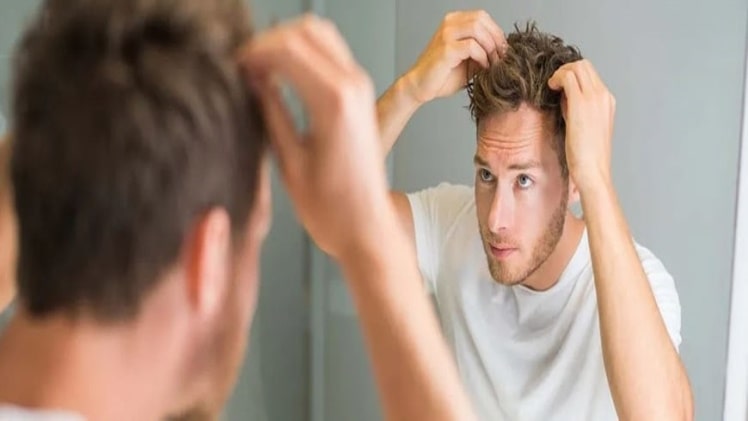There are lots of potential causes of hair loss, be it your genetic disposition, stress levels, or even the lifestyle that you choose to lead. But what about creatine – does it cause hair loss in men? In this article, we take a closer odisha discom look at what the science says and help you understand the relationship between the two. But first, what exactly is creatine? Let’s investigate.
Introducing creatine
A nutritional supplement, creatine is particularly popular with bodybuilders and athletes. Creatine naturally occurs in the human body, and scientists have found that it can effectively enhance exercise performance and lead to an increase in muscle mass, hence why athletes often turn to supplementation to help with their gym workouts. Additionally, studies have also revealed that creatine can reduce blood sugar levels and can even have a positive impact on cognition. So, as you can see, creatine can have many positive effects when taken responsibly. But does it also cause hair loss?
Understanding creatine and hair loss
It’s a commonly held assumption that creatine causes hair loss. But in reality, more scientific evidence is needed to say whether creatine contributes to hair loss. Also, the perception that creatine leads to hair loss is mainly anecdotal, meaning that people reflect on their own experiences when drawing conclusions, as opposed to science.
But in the data that does exist, scientists have been able to confirm that there is a correlation between the use of creatine and a hormone called dihydrotestosterone (DHT). This is significant because DHT is one of the primary causes of male pattern hair loss. A small study in 2009 found that creatine-using rugby players saw a notable increase in their DHT levels, highlighting this correlation.
DHT and hair loss in men
When it comes to the growth of hair on your scalp, DHT is problematic as it influences the growth cycles of your hair. The first cycle is known as the growth phase, followed by a resting phase. When DHT is present, it binds to the receptors on your hair follicles, which can shorten the growth period of your hair. Therefore, it can cause your hair to thin out and may even lead to hair loss in the long run.
So, while more clinical evidence is required to say conclusively, the fact that creatine may lead to an increase in DHT suggests that, at least indirectly, creatine use could be linked to hair loss. But as researchers have cautioned, more research is needed into the relationship between creatine and hair loss before any definitive conclusions are drawn.
How to treat hair loss effectively
If you’re experiencing male pattern hair loss and you’re worried that it might have been caused by your creatine use, schedule an appointment with your doctor to run through your concerns. Equally, you should be aware that hair loss can be caused by various factors, so it might not be down to your use of the supplement.
The good news is that you can treat hair loss with the right medications. Finasteride is a clinically proven medication for treating male pattern hair loss and prevents DHT from binding to your hair follicles. When paired with Minoxidil – another clinically proven hair loss treatment – you have the best possible chance of combating male pattern hair loss.
So, the bottom line is that creatine could indirectly lead to hair loss, but more studies are required in order to say definitively.


